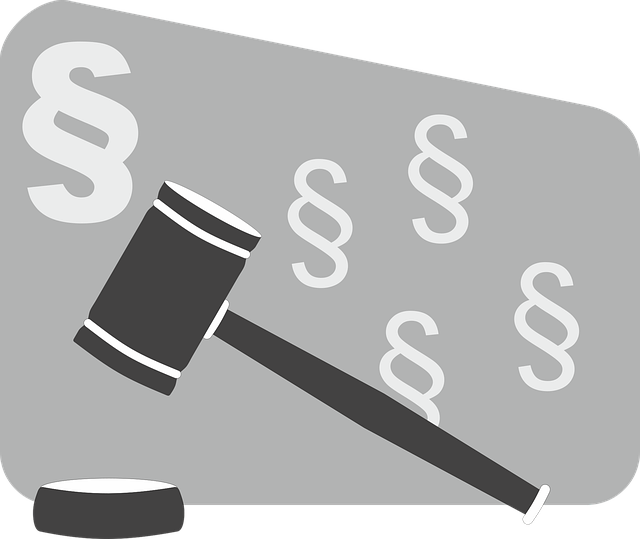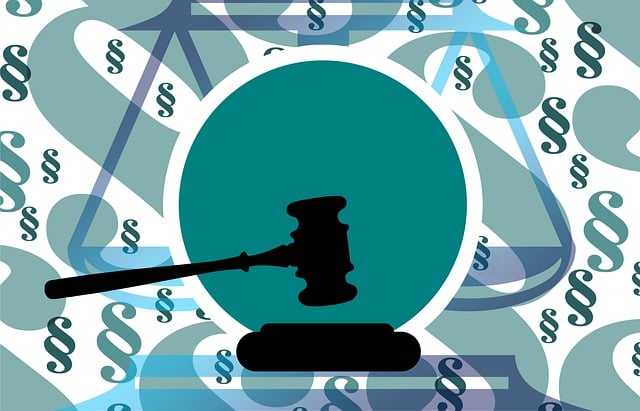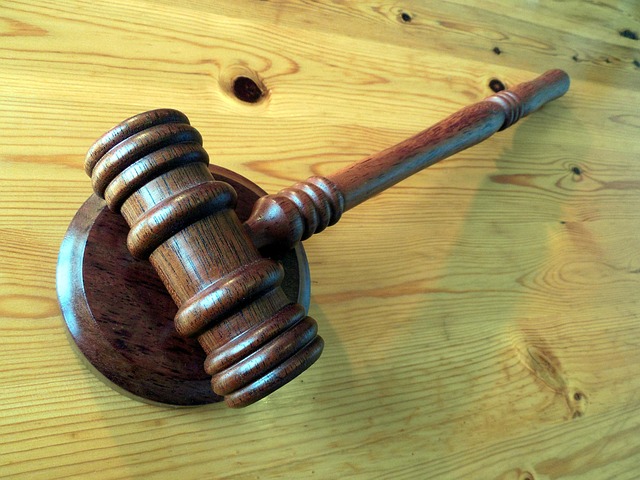Regulatory compliance goes beyond legal requirements, involving strategic interpretation and implementation of laws. The Administrative Hearings Process Guide offers a comprehensive resource for businesses facing complex regulatory challenges, focusing on preparation, document management, and strategic argumentation to achieve favorable outcomes, ensuring ethical practices and mitigating legal repercussions within industry-specific standards.
Regulatory compliance is a complex landscape for any business. This comprehensive guide navigates the intricate world of administrative hearings within the context of regulatory compliance issues. We demystify key concepts and definitions, providing practical strategies for preparation. From industry-specific legal frameworks to best practices in document management and post-hearing adjustments, this article serves as your strategic process guide through every step of the administrative hearings process.
- Understanding Regulatory Compliance: Key Definitions & Concepts
- Navigating Administrative Hearings: Preparation & Strategies
- Legal Frameworks & Standards: Industry-Specific Compliance
- Document Management: Record Keeping & Evidence Presentation
- Post-Hearing Proceedings: Appeals, Adjustments, & Best Practices
Understanding Regulatory Compliance: Key Definitions & Concepts

Regulatory compliance goes beyond merely adhering to laws and regulations. It involves a strategic approach where organizations proactively identify, interpret, and implement legal requirements relevant to their operations, aiming for both adherence and excellence. This proactive stance not only mitigates legal risks but also fosters ethical practices and drives business success.
Central to this process is understanding the nuances of regulatory language and its practical application. Key terms like “Administrative Hearings” in the context of a Process Guide play a crucial role. These hearings serve as formal proceedings where regulators and businesses can navigate complex legal terrain, ensuring fair outcomes. By mastering these concepts, organizations can achieve extraordinary results, including winning challenging defense verdicts and, ultimately, securing a complete dismissal of all charges.
Navigating Administrative Hearings: Preparation & Strategies

Navigating Administrative Hearings: Preparation & Strategies
Administrative hearings are a critical component of regulatory compliance, serving as the bridge between regulators and businesses. As a comprehensive process guide, understanding and preparing for these hearings is paramount to achieving extraordinary results. It involves meticulous planning, gathering relevant documents, and crafting persuasive arguments that align with the unique circumstances of your case. Engaging experienced legal counsel who can expertly navigate all stages of the investigative and enforcement process is invaluable.
During preparation, it’s crucial to demystify the hearing process itself. This includes comprehending procedural rules, understanding the role of the administrative law judge, and appreciating the difference from traditional jury trials. By familiarizing yourself with these aspects, you can strategically present your case, anticipate potential challenges, and ultimately, advocate effectively for your organization’s interests.
Legal Frameworks & Standards: Industry-Specific Compliance

Regulatory compliance goes beyond broad, general laws; it requires a deep understanding of industry-specific legal frameworks and standards. Each sector faces unique challenges and is subject to its own set of regulations designed to ensure ethical practices, consumer protection, and safety. These rules are often complex and ever-evolving, demanding businesses stay agile and informed.
The Administrative Hearings Process Guide offers a roadmap for navigating these intricate landscapes. It details all stages of the investigative and enforcement process, from initial notices and responses to hearings and appeals. Businesses must master this process to avoid indictment and fight for a complete dismissal of all charges. By adhering to industry-specific standards and utilizing the guide as a resource, companies can enhance their compliance strategies and safeguard against potential legal repercussions.
Document Management: Record Keeping & Evidence Presentation

In the context of the administrative hearings process guide, effective document management is pivotal for navigating regulatory compliance issues. Robust record-keeping practices are essential to maintaining a clear and detailed audit trail, which serves as crucial evidence during investigations or legal proceedings. Organizations must implement systems that ensure all relevant documents—from policy manuals to transaction records—are accurately captured, stored, and easily retrievable. This includes digital documentation with robust search functionality, as well as physical record-keeping for critical documents that may be needed in court or during internal audits.
A company’s ability to present compelling evidence during administrative hearings can significantly impact the outcome, especially in cases involving white-collar and economic crimes. Demonstrating an unprecedented track record of sound document management practices can help avoid indictment by presenting a picture of due diligence and regulatory adherence. This meticulous approach not only facilitates compliance but also serves as a strong defense mechanism against potential accusations, underscoring the organization’s commitment to ethical business conduct.
Post-Hearing Proceedings: Appeals, Adjustments, & Best Practices

After an administrative hearing, several key steps come into play. Post-hearing proceedings involve careful navigation through potential appeals and adjustments, which can significantly impact regulatory compliance. For his clients, whether corporate or individual, understanding this process is crucial for mitigating risks and ensuring long-term adherence to legal requirements.
Best practices suggest promptly reviewing the hearing outcomes and, if necessary, preparing a robust appeal strategy. This may involve gathering additional evidence, clarifying procedural issues, or presenting new arguments that could lead to a favorable adjustment in the regulatory decision. Skilled representation during these proceedings can help avoid indictment by ensuring all aspects of the case are thoroughly considered, ultimately guiding corporate and individual clients towards successful resolutions.
Regulatory compliance is a complex yet essential aspect of doing business. By understanding key definitions, navigating administrative hearings effectively, and adhering to industry-specific legal frameworks, organizations can ensure they meet their obligations. Proper document management and post-hearing proceedings, including appeals and adjustments, further strengthen this process. This comprehensive Administrative Hearings Process Guide equips businesses with the tools needed to successfully navigate regulatory compliance issues.






